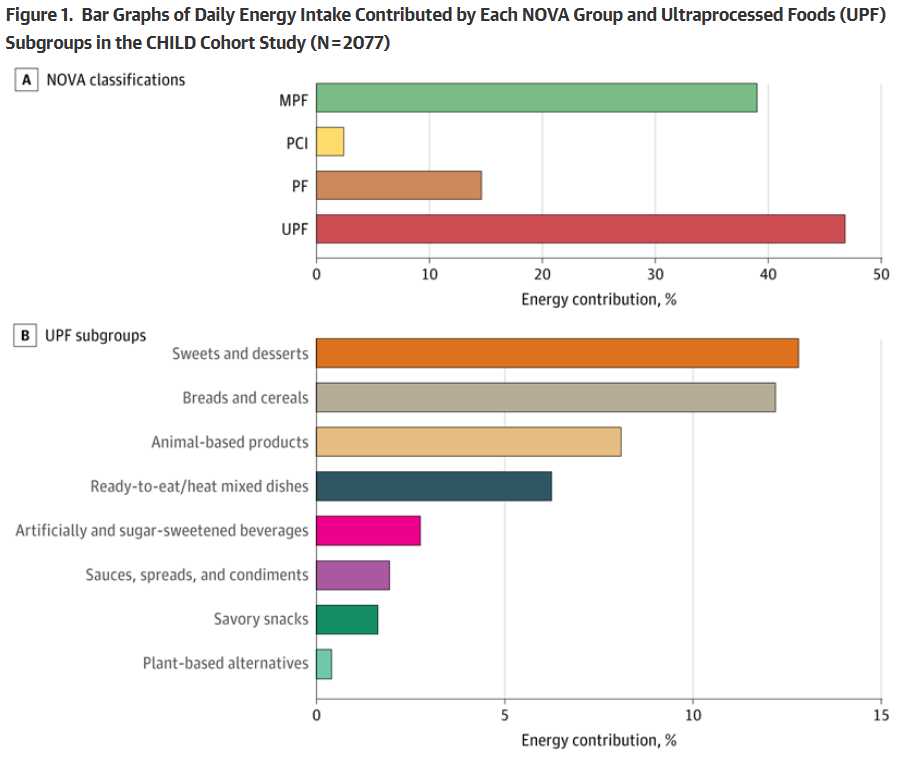Science and religion have always been in something of a conflict. Science seeks to explain the world according to natural laws while religion leaves larger questions as articles of faith. There is some overlap - 40% of AAAS member scientists in their recent survey are also religious - but AAAS covers a broad cross-section of scientists whereas biology is ground zero for a conflict with religion over man as we exist today and how we came to be. So there is less overlap in the life sciences but there have been ongoing attempts to reconcile the two camps, usually with scientists conceding that whatever 'sparked' life has no basis in current data so it is left to philosophy or religion as well.
Results of a survey in Analyses of Social Issues and Public Policy titled "How Much Is Enough? Examining the Public’s Beliefs About Consumption" showed no huge surprise, people think we should consume less, but how the authors interpret the results is.
Yesterday I wrote about journalist and science blogger Ed Yong's unfortunate run-in with the kind of anachronistic journalism dinosaur that will be extinct one day soon - a PIO who resents blogging.
I'll tell you flat out, I love Public Information Officers - PIOs in journalism parlance. Without them, I would never get anywhere near the good stuff I get to write about. I would much, much rather deal with PIOs directly than through paid clearinghouses like AAAS Eurekalert, which seems to be run by sub-literate pygmies bent on keeping science from being written about. PIOs, on the other hand, love to get more coverage for their researchers without having to bribe AAAS.
A short while ago, SciFest 2010, the International Science Festival, was held in St. Louis. Making the trip was a group from Jersey Shore, PA and they were invited because a teacher, Slater Harrison, is really good at 'air surfing'.
If you have never seen the term air surfing, it was invented in the 1970s by Dr. Tyler MacCready, a fellow who studied philosophy at Yale and then geology at the University of Wyoming and Monash before becoming famous in amateur aerodynamics for the 'walkalong glider' - which looks like magic to many a young person's eyes, at least the way Harrison and his team of students do it. First, here is a diagram of a walkalong glider. MacCready no longer makes these so you'd have to find it on Ebay or make your own:
One thing you probably know about black holes, no matter how much science you took, is that they have never actually been seen. Instead, the science consensus is that masses that sit at the centers of galaxies like our own Milky Way are presumed to be black holes.
Researchers in Nature Physics say a property of light called orbital angular momentum may be detectable because of a 'twist' in this momentum caused by black holes. And we could detect it, if we just know what to look for.
 Canadian Epidemiologists Claim Processed Foods Cause Bad Kids
Canadian Epidemiologists Claim Processed Foods Cause Bad Kids What AI Can't Do: Humanity’s Last Exam
What AI Can't Do: Humanity’s Last Exam Does NBA Income Inequality Impact Team Performance?
Does NBA Income Inequality Impact Team Performance? Dogs And Coffee: Finally, Epidemiology You Can Trust
Dogs And Coffee: Finally, Epidemiology You Can Trust








